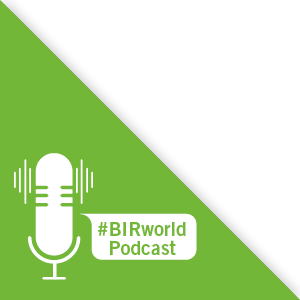After two months of lockdown around the world, most countries have moved in recent weeks towards easing restrictions and reopening their economies. Although COVID-19 cases are still on the rise in many parts of the world, governments have been pushing for a resumption of business in a bid to mitigate the contraction in the global economy amid growing fears that it will take many years to recover from recession in these unprecedented times.
Despite an increase in the number of new virus cases detected, major economies in the Gulf and the Middle East have looked to reopen - as seen in the UAE, Saudi Arabia and Jordan. The reopening plan has come with new compliance measures for all sectors to follow, with most businesses to operate with 30% of their workforce. Hotels, shopping malls, public parks and local businesses had already reopened in the UAE; in Saudi Arabia, meanwhile, most businesses had reopened by the beginning of the month of Ramadan but are due to undergo another week of lockdown starting on May 22. Other countries enforced full lockdowns only recently, such as nationwide in Kuwait.
The slowdown and business disruptions in Saudi Arabia, coupled with last month’s oil price slump, have forced the Saudi government to introduce new stimulus measures, including spending cuts on current projects plus a tripling of VAT from 5% to 15% from July this year. In the UAE, it was officially confirmed earlier this month that EXPO 2020, due to start this October, would be postponed for a year. Also, the UAE government has announced a ban on ferrous scrap and recovered paper exports for a period of four months in order to strengthen local demand.
Most scrap businesses are operating at a slower pace owing to virus-related measures. Yard operations have been badly affected and locally-collected volumes being offered for export are at an all-time low. Even with the easing of restrictions, yards are operating at much lower capacities and with reduced working hours during Ramadan.
The continuous downward pressure on LME prices during the pandemic has been another factor in the low level of material movements, offers to the local market and new contracts for export. Copper has improved over the past month with highs of US$ 5300 per tonne and remains the best performer among the base metals.

Ibrahim Aboura
Aboura Metals (ARE), Board Member of the BIR Non-Ferrous Metals Division
Country
 Middle East
Middle East
